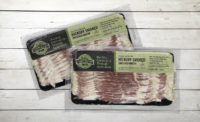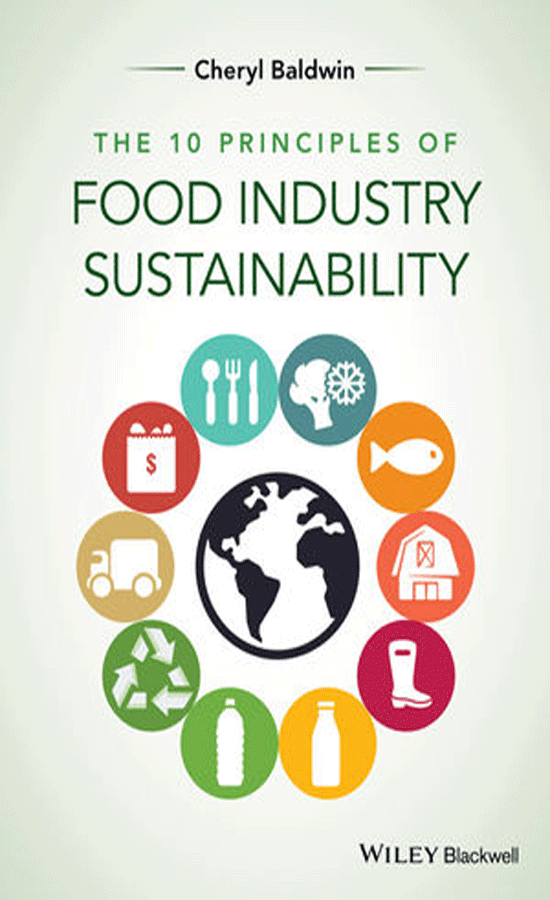Hickory Nut Gap receives USDA approval for “regeneratively raised” claim on retail packaging

Photo courtesy of Hickory Nut Gap Meats
Hickory Nut Gap Farms has been producing 100% grassfed beef and pasture raised pork for over 20 years. While use of the term “regenerative” in the livestock and agriculture arenas has been increasing in popularity recently, Hickory Nut Gap has been raising livestock with planned rotational grazing methods and regenerative agricultural practices for two decades.
The United States Department of Agriculture (USDA) approval of our “Regeneratively Raised” label claim signifies to environmentally conscious retailers, chefs, restauranteurs and consumers that Hickory Nut Gap Farms has fully committed to farming practices that reduce carbon emissions and improve soil quality while also providing high-quality, healthy meats unsurpassed in flavor.
Hickory Nut Gap understands that farming is complex because nature is complex. Developing and implementing regenerative practices on over 20,000 acres of pasture requires additional upfront investments in time and money but ultimately produces healthier, higher-quality, better-tasting meats. Our regenerative practices also help insure that our farming partners receive fair pay and can grow the family farming culture in their rural communities.
“The Hickory Nut Gap brand means we are intentional about connecting soil health, livestock welfare, farming communities, and our customers to produce healthy and delicious meats with a positive impact,” said Jamie Ager, Hickory Nut Gap co-founder and fourth generation farmer. “We believe it’s possible to eat meat that enhances the environment, stewards and respects livestock, and tastes delicious. By adding regenerative to our label claims on pack, Hickory Nut Gap is signaling to the world that we are committed to a different path forward for the food system. Instead of a race to the bottom, we all thrive from the ground up.”
The concept of regenerative farming has become more popular in food marketing over the past year, but converting to a true planned rotational grazing and regenerative operation takes a significant commitment in time, money and experience. Hickory Nut Gap Farms has made that commitment to:
- Planned Rotational Grazing to ensure pastures have the necessary recovery time between grazing events;
- Cover Cropping;
- Polycultures instead of Monocultures when possible;
- Reduced Tillage in Crop Land;
- Integrating Crops and Cattle;
- Minimizing or Eliminating Synthetic Inputs and Replacing with Organic (Chicken Litter vs Synthetic Fertilizer);
- Crop Rotation (Breaks pest cycles and has potential to improve soil health);
- Integrated Pest Management through healthy buffer zones and riparian areas (Beneficial insects and microfauna naturally prevents crop damage);
- Silvopasture and Tree Integration where possible.
Establishing these systems on livestock farms is the foundation for a healthier planet that starts from the ground up. Healthier soils (as defined by water/moisture retention, increased bio diversity) grow healthier, more nutrient-dense and more diverse vegetation which leads to healthier animals, better quality and better tasting meats and, ultimately, it all comes back around. The richer, healthier grasses and cover crops soil help sequester carbon and the cycle of regeneration just keeps going.
Hickory Nut Gap Farms’ new labels are currently in production and will be on all retail grassfed beef and pasture raised pork packages beginning this spring. Products include Ground Beef, the company’s Pork Sausage lineup, as well as retail-labeled steaks and roasts.
Source: Hickory Nut Gap
Looking for a reprint of this article?
From high-res PDFs to custom plaques, order your copy today!






